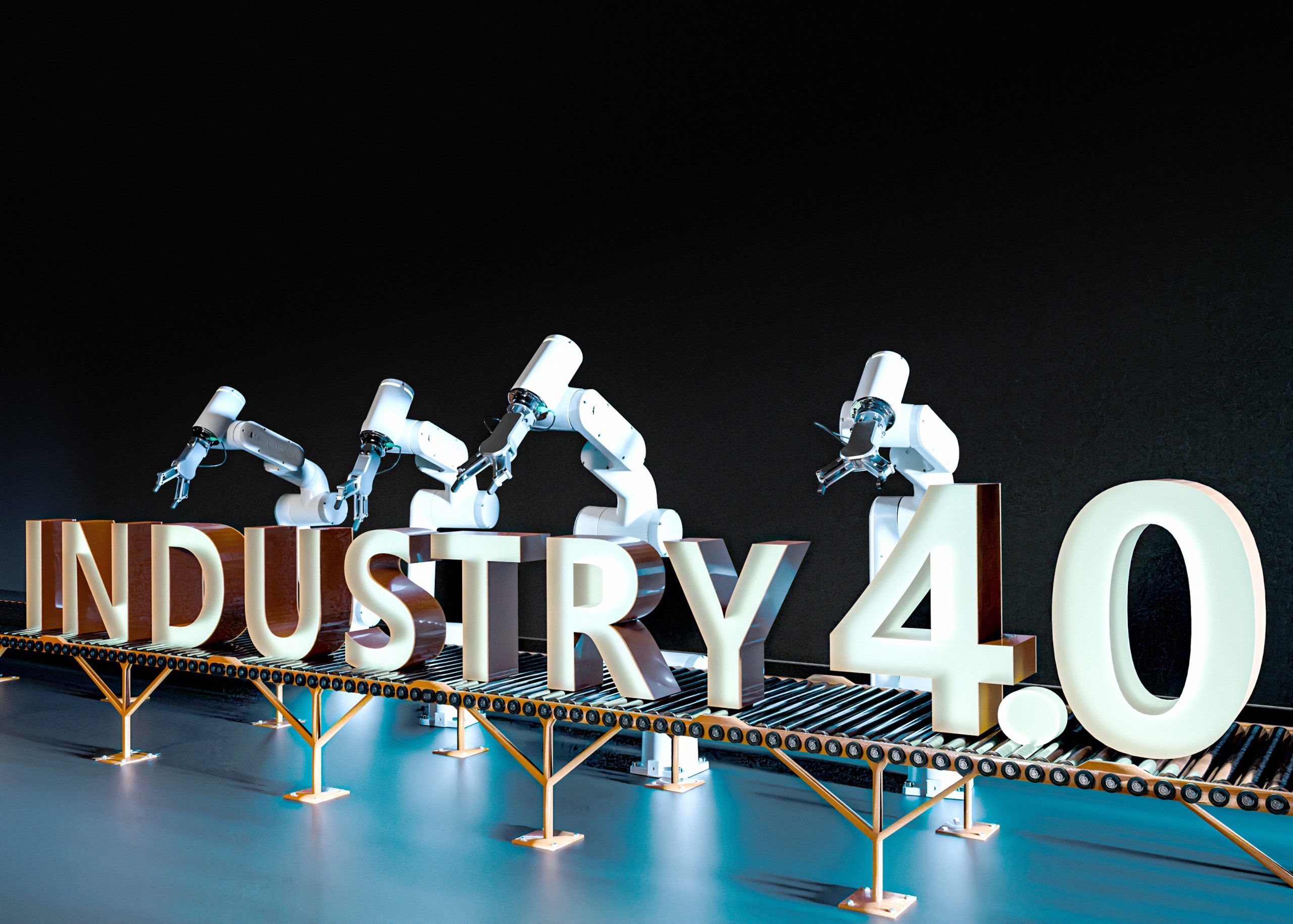Blog on RFID Technology and IoT Solutions
Blog Home
Unleashing the Power: 10 Transformative IoT Industry 4.0 Applications Revolutionizing Manufacturing
22 February 2024In the dynamic realm of IoT Industry 4.0, businesses constantly strive to be faster, smarter, leaner, and more efficient. While smart cities and homes have gained recognition, the fully automated and IoT-enabled smart factory is on the horizon, promising unparalleled advancements.
Understanding IoT Industry 4.0
IoT Industry 4.0 signifies the path of digital transformation in manufacturing and related industries, unlocking unprecedented value. Often likened to the fourth industrial revolution, Industry 4.0 involves leveraging third-party platform technologies, innovation accelerators, and IT/OT integration.
This transformation integrates cutting-edge technologies such as cybersecurity, big data, AR/VR, cloud computing, automation, AI, and IoT to digitally reshape conventional processes and functionalities. The goal is not just to make businesses smarter and faster but also more resilient and interconnected.
Top 10 Industry 4.0 IoT Applications
Explore the top Industry 4.0 use cases leveraging IoT technology:
1. Big Data and Analytics: Revolutionizing Data Management
IoT in manufacturing industry companies generate vast amounts of data from IoT sensors, production volumes, sales forecasts, and more. However, the challenge lies in efficiently storing, processing, and utilizing this data. Big Data and Analytics tools streamline these operations, transforming data management into a real-time, highly insightful process.
2. Autonomous Robotics: Transforming Manufacturing Efficiency
While humanoid robots with human-like intelligence might be on the horizon, automation is already a reality in manufacturing. Autonomous robotics perform repetitive, high-precision tasks, ensuring continuous production with minimal downtime, reducing the risk of work-related injuries, and enhancing overall efficiency.
3. Simulations and Digital Twins: Enhancing Predictive Analysis
Digital twins, virtual replicas of real objects or systems, are employed for simulations to identify flaws and opportunities for improvement. These digital replicas also serve as training tools for employees, combining effectively with AI and machine learning for advanced applications.
4. Horizontal and Vertical System Integration: Seamless Collaboration
Horizontal integration ensures smooth collaboration among your equipment, IoT devices, processes, and workforce. On the other hand, vertical integration ensures that production data is accessible and meaningful across different departments. The ultimate goal is to establish seamless connectivity and organization-wide visibility.
5. Industrial IoT (IIoT): Harnessing Operational and Environmental Data
In manufacturing, IIoT involves using device sensors to collect operational and environmental data, informing various verticals and guiding manufacturing processes and technology decisions. This extends beyond equipment to include office systems like air filtering and HVAC.
6. Cyber Security Technology: Safeguarding IoT Ecosystems
As interconnected systems pose security risks, advanced IoT cybersecurity systems leveraging AI, machine learning, and blockchain can automatically respond to a wide range of attacks. This ensures the security of the IoT network while allowing segmented clean-ups without disrupting the entire system.
7. The Cloud: Unleashing Unprecedented Flexibility
Cloud infrastructure offers unparalleled flexibility, scalability, and speed-to-market for businesses. Whether adopting SaaS, CaaS, IaaS, or XaaS, cloud manufacturing synchronizes production across geographically dispersed locations, providing vast data storage, easy access, and rapid collaboration.
8. Additive Manufacturing (AM): Embracing 3D Printing
AM, or 3D printing, allows manufacturers to build products layer by layer using digital models. This facilitates crowdsourcing designs, ideas, and user-generated content. The synergy of AI and big data can further lead to AI-generated innovations.
9. Artificial Intelligence and Manufacturing: A Paradigm Shift
AI’s role in IoT in manufacturing industry spans predictions on market trends, supply and demand, and maintenance. With the support of big data, AI empowers machines to identify and rectify flaws independently, enhancing overall efficiency.
10. Augmented Reality and Virtual Reality: Immersive Experiences
AR and VR, once met with skepticism, are now emerging as groundbreaking technologies. AR overlays offer instant access to relevant data on the ground, while VR is utilized for immersive, realistic simulations, often combined with digital twins.
Embracing Industry 4.0 IoT for Business Success
It’s crucial to note that IoT Industry 4.0 isn’t exclusive to large enterprises; numerous use cases cater to SMEs. While the vision of the smart factory is more attainable than ever, a digital transformation requires thorough preparation.
If you’re embarking on this journey for the first time, consulting with a managed IT expert with a track record of assisting SMEs in successful digital transformations is essential. This ensures you navigate the transformation seamlessly, avoiding common pitfalls such as a lack of strategy or essential IT skills.
Reference:- https://www.iottechnews.com/news/2022/may/26/the-10-best-iot-industry-4-0-use-cases-for-manufacturing/
- Intellistride.com
- Blog
- Unleashing the Power: 10 Transformative IoT Industry 4.0 Applications Revolutionizing…